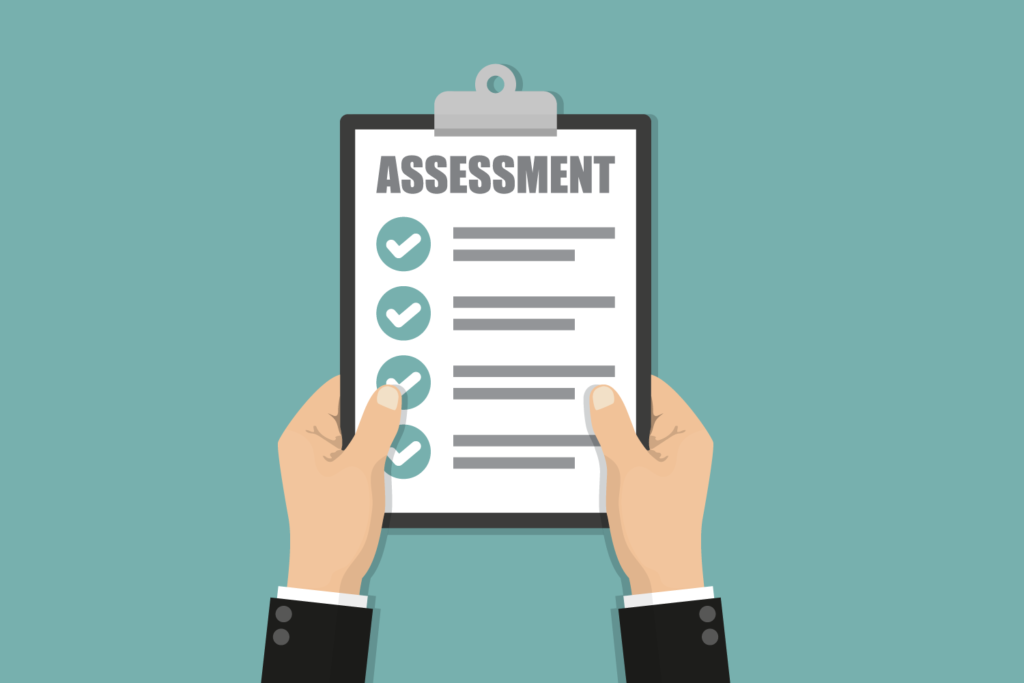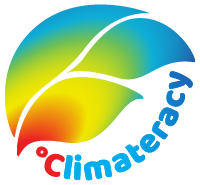Results of the needs analysis on the topic of climate change in schools

During May and June 2021, a needs analysis was carried out among teachers in European secondary schools. The aim of the needs analysis was to find out what teachers believed they needed to teach about climate literacy. We wanted to know what teaching pedagogies and resources already exist in relation to climate literacy and what materials and methods teachers believed to be lacking or difficult to access. The survey also sought information about what support teachers felt they had in order to address climate issues in their classrooms.
The teachers’ needs analysis was carried out in Belgium, Estonia, Germany, Sweden, and Turkey. A total of 138 teachers took part and the responses show common themes in all countries. The survey results show that teachers are generally interested in learning more about climate change and gathering activities in order to better teach and motivate students about climate issues. Most suggest an interdisciplinary, collaborative, and active approach to teaching climate issues within the school and across the community context.
When asked about what was expected of them in teaching about climate change the teachers surveyed responded that they would like fewer compulsory topics in their curricula, but more flexibility to engage their students in project-based learning to enhance climate literacy. They agreed that the topic of climate change should be anchored in as many different points of all subjects as possible. It was also suggested that schools should provide space for interdisciplinary projects on a variety of sustainability topics.
Furthermore, teachers expect openness, support, time and resources for this topic inside and outside the school. School students (and their parents) should also be aware of the Sustainable Development Goals (SDGs) and involved in the way they are addressed in schools.
Overall, according to the teachers surveyed, flexibility in curricula, a supportive school environment, openness and sensitivity on the part of all stakeholders to climate change are required in order to support a sensible approach to climate change and the promotion of climate literacy. Additionally, teachers believe that personal knowledge of the recognized science of climate change and national education policy play an important role. The community support and media focus should not be underestimated either.
The information gathered in the needs analysis will be used in a next steps to develop the educational framework, curriculum and the open-online course to enhance teaching of climate literacy.
